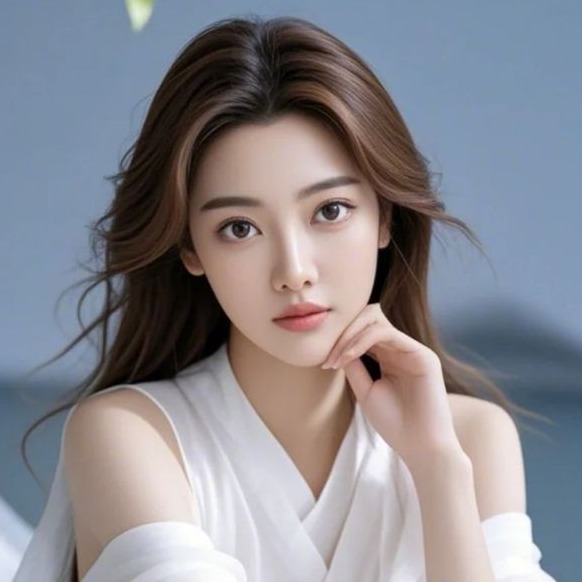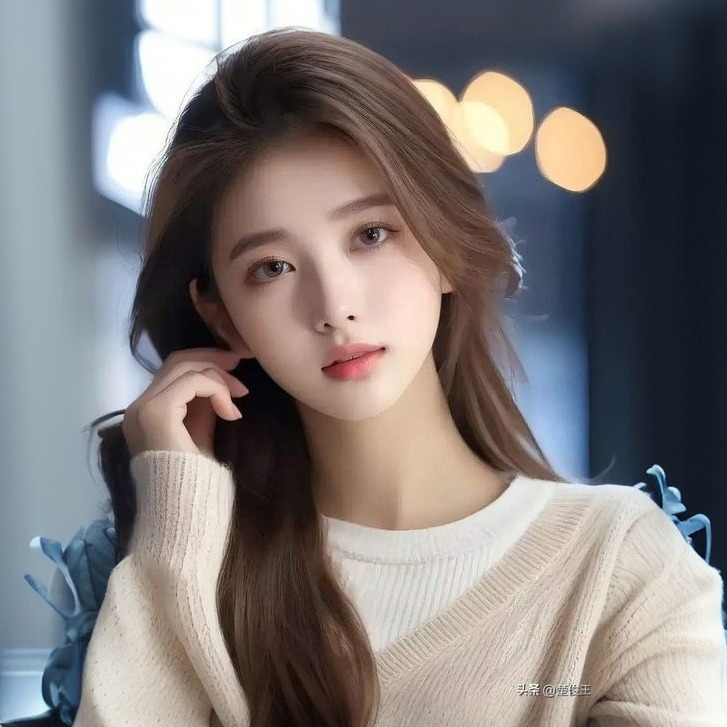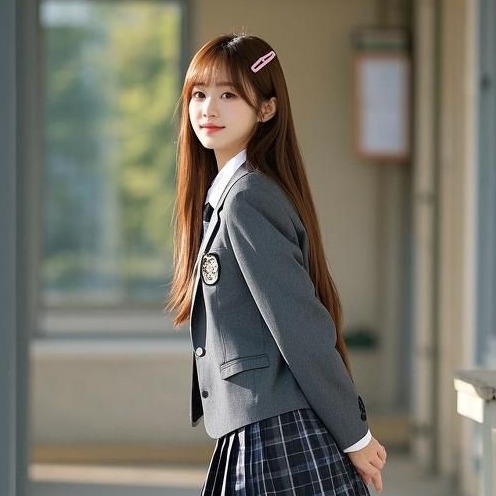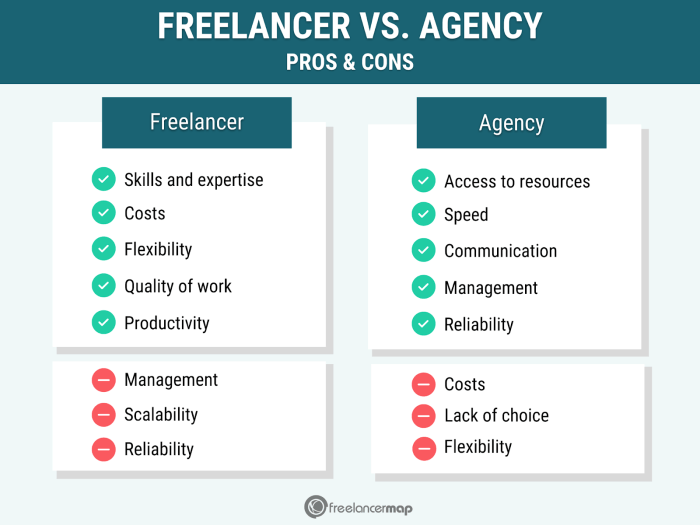Delving into the realm of artificial intelligence's interpretation of the ideal woman across different nations opens up a fascinating exploration of cultural influences and societal norms. Join us as we unravel the intricacies of how AI shapes the image of perfection in various countries.
As we delve deeper, we will uncover the factors that drive AI's creation of the perfect woman and how these representations reflect cultural diversity and global beauty standards.
AI-generated Ideal Woman

Artificial Intelligence (AI) plays a significant role in shaping societal standards of beauty by imagining the perfect woman in various countries. Through advanced algorithms and data analysis, AI generates an ideal image of a woman based on cultural norms, preferences, and stereotypes prevalent in each region.
This digital creation reflects the amalgamation of societal expectations, historical beauty standards, and popular media influence.
Factors and Data Inputs
AI utilizes a plethora of data inputs to create the ideal woman, including but not limited to facial features, body proportions, skin tone, hair color, and even personality traits. These inputs are derived from a vast dataset of images, videos, and textual information collected from social media, fashion magazines, beauty contests, and historical references.
By analyzing and processing this data, AI can generate a composite image that embodies the perceived notion of beauty in a particular country.
Cultural Norms and Stereotypes Influence
Cultural norms and stereotypes play a pivotal role in shaping AI's perception of the perfect woman. For example, in countries where fair skin is considered attractive, AI may prioritize lighter skin tones in its ideal image. Similarly, specific facial features or body shapes that align with traditional beauty standards in a region will be accentuated by AI.
These biases can perpetuate unrealistic beauty ideals and reinforce existing stereotypes, leading to a lack of diversity and inclusivity in the representation of women.
Implications of AI on Societal Beauty Standards
The influence of AI on societal beauty standards can have far-reaching implications, impacting individuals' self-esteem, body image, and mental well-being. By promoting a homogenized and idealized version of beauty, AI may contribute to the perpetuation of unrealistic beauty standards and exacerbate feelings of inadequacy among women.
Moreover, the reinforcement of traditional beauty norms by AI can hinder progress towards embracing diversity and celebrating different forms of beauty. It is crucial to critically examine the role of AI in shaping beauty ideals and strive for a more inclusive and representative portrayal of women in the digital landscape.
Regional Variances
AI's depiction of the perfect woman varies significantly across different countries, influenced by cultural, social, and historical factors. These regional differences shape the ideal image projected by AI and reflect the diverse preferences and values present in each society.
United States
In the United States, AI often envisions the perfect woman as independent, confident, and career-oriented. The emphasis is placed on physical fitness, beauty standards, and individualism. The ideal woman is portrayed as ambitious, assertive, and empowered, reflecting the cultural values of self-expression and personal success.
Japan
In Japan, the perfect woman according to AI is often depicted as demure, nurturing, and family-oriented. The ideal image reflects traditional values of harmony, respect, and loyalty. AI tends to highlight qualities such as politeness, gracefulness, and domestic skills in its portrayal of the perfect woman in Japanese society.
Brazil
AI's portrayal of the perfect woman in Brazil emphasizes beauty, sensuality, and sociability. The ideal image often includes traits like warmth, passion, and charisma. Brazilian culture's celebration of diversity, body positivity, and social connections influences AI's depiction of the perfect woman as vibrant, outgoing, and expressive.
India
In India, AI envisions the perfect woman as family-oriented, modest, and traditional. The ideal image reflects cultural values of duty, respect for elders, and devotion to family. AI often highlights qualities such as domestic skills, modesty, and religious devotion in its portrayal of the perfect woman in Indian society.
Globalization Impact
Globalization has led to a convergence of ideals in AI's portrayal of the perfect woman across borders. As cultures become more interconnected, AI adapts its image to incorporate elements from different societies. This can result in a blend of characteristics that cater to a more diverse and inclusive standard of beauty and perfection.
Ethical Considerations
Ethical concerns surrounding AI's depiction of the perfect woman are crucial in today's society
. As AI-generated images influence perceptions and societal norms, it is essential to address issues of bias, discrimination, and objectification in these representations. By acknowledging these challenges, we can work towards ensuring that AI promotes diversity and inclusivity in its depictions of women.
Human oversight plays a significant role in monitoring and regulating AI-generated content to uphold ethical standards.
Addressing Bias and Discrimination
- AI algorithms may perpetuate biases present in the data used to train them, leading to discriminatory outcomes.
- It is essential to identify and rectify biases in AI models to prevent the reinforcement of harmful stereotypes.
- Implementing diverse training datasets and regular audits can help mitigate bias in AI-generated images of women.
Preventing Objectification
- AI-generated depictions of the perfect woman may contribute to objectification by focusing solely on physical appearance.
- Emphasizing qualities beyond physical attributes, such as intelligence, talent, and character, can help combat objectification in AI representations.
- Encouraging the development of AI models that prioritize holistic portrayals of women can promote more respectful and empowering images.
Promoting Diversity and Inclusivity
- Ensuring diverse representation in AI-generated images of women is essential to reflect the varied experiences and identities within society.
- Incorporating input from diverse groups and communities can help AI systems produce more inclusive and culturally sensitive depictions.
- Creating guidelines and standards for ethical AI image generation can encourage the industry to prioritize diversity and inclusivity in their representations.
Role of Human Oversight
- Human oversight is crucial in monitoring AI-generated content to detect and address ethical concerns in real-time.
- Establishing regulatory frameworks and guidelines can ensure that AI systems adhere to ethical standards in their depiction of women.
- Continuous evaluation and feedback mechanisms involving human experts can help refine AI models and improve the ethical integrity of generated images.
Future Implications
AI's portrayal of the perfect woman is likely to evolve in the future as technology advances and cultural norms shift. The potential societal impacts of AI influencing beauty standards globally are significant, raising questions about representation, diversity, and inclusivity. AI has the power to challenge traditional notions of beauty and femininity by promoting a more diverse and inclusive range of ideals.
However, there is a pressing need for transparency and accountability in AI algorithms that shape beauty ideals to ensure ethical standards are met and biases are minimized.
Evolution of AI’s Portrayal
AI's portrayal of the perfect woman may evolve to encompass a broader spectrum of beauty standards, reflecting the diversity of women worldwide. As AI algorithms become more sophisticated, they may take into account a wider range of cultural and societal influences, leading to a more inclusive and representative ideal of beauty.
Societal Impact
The societal impacts of AI influencing beauty standards globally could lead to both positive and negative outcomes. On one hand, AI has the potential to challenge traditional beauty norms and empower individuals to embrace their unique characteristics. On the other hand, there is a risk of perpetuating harmful stereotypes and unrealistic beauty standards if not carefully monitored and regulated.
Role of AI in Challenging Notions of Beauty
AI plays a crucial role in challenging traditional notions of beauty by offering alternative perspectives and promoting diversity. By showcasing a wider range of beauty ideals, AI can help break down stereotypes and empower individuals to redefine beauty on their own terms.
However, it is essential to ensure that AI algorithms are designed with inclusivity and ethical considerations in mind to avoid reinforcing harmful beauty standards.
Transparency and Accountability
The need for transparency and accountability in AI algorithms that shape beauty ideals cannot be overstated. It is crucial to have clear guidelines and oversight mechanisms in place to prevent biases and discriminatory practices. By promoting transparency and accountability, we can ensure that AI-driven beauty standards are fair, inclusive, and respectful of diverse identities.
Closure

In conclusion, the journey through AI's perception of the perfect woman in diverse countries sheds light on the complexities of beauty standards and the evolving role of technology in shaping societal ideals. As AI continues to evolve, the conversation around diversity, inclusivity, and ethical considerations becomes increasingly crucial in defining the future of beauty standards.
FAQs
How does AI determine the ideal woman in different countries?
AI uses a combination of factors such as cultural norms, historical data, and societal preferences to create its image of the perfect woman tailored to each region.
What are some ethical concerns related to AI's depiction of the perfect woman?
Ethical concerns include issues of bias, discrimination, and objectification in AI-generated images, highlighting the importance of promoting diversity and inclusivity in AI representations.
How might AI's portrayal of the perfect woman evolve in the future?
AI's portrayal of the ideal woman is likely to evolve with advancements in technology, challenging traditional beauty standards and fostering discussions on transparency and accountability in AI algorithms.
 Artificial Intelligence (AI) plays a significant role in shaping societal standards of beauty by imagining the perfect woman in various countries. Through advanced algorithms and data analysis, AI generates an ideal image of a woman based on cultural norms, preferences, and stereotypes prevalent in each region.
This digital creation reflects the amalgamation of societal expectations, historical beauty standards, and popular media influence.
Artificial Intelligence (AI) plays a significant role in shaping societal standards of beauty by imagining the perfect woman in various countries. Through advanced algorithms and data analysis, AI generates an ideal image of a woman based on cultural norms, preferences, and stereotypes prevalent in each region.
This digital creation reflects the amalgamation of societal expectations, historical beauty standards, and popular media influence.
 In conclusion, the journey through AI's perception of the perfect woman in diverse countries sheds light on the complexities of beauty standards and the evolving role of technology in shaping societal ideals. As AI continues to evolve, the conversation around diversity, inclusivity, and ethical considerations becomes increasingly crucial in defining the future of beauty standards.
In conclusion, the journey through AI's perception of the perfect woman in diverse countries sheds light on the complexities of beauty standards and the evolving role of technology in shaping societal ideals. As AI continues to evolve, the conversation around diversity, inclusivity, and ethical considerations becomes increasingly crucial in defining the future of beauty standards.




